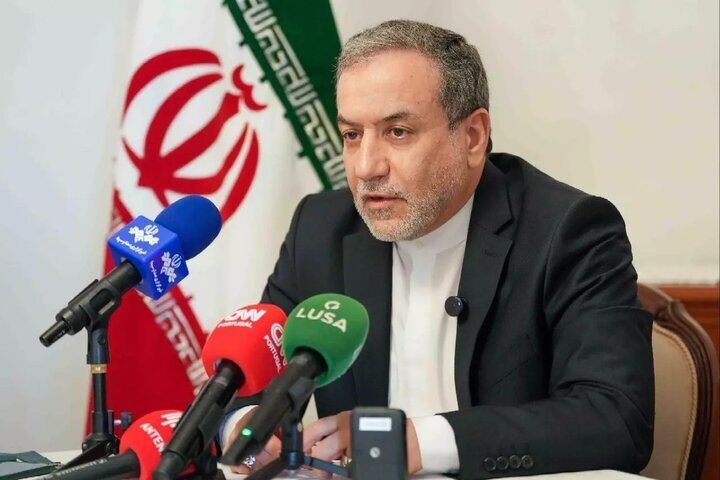Araguchi made his remarks Wednesday morning, talking to reporters on the sidelines of a cabinet meeting.
Araghchi said the imposition of new US sanctions during the ongoing diplomatic talk sent a negative message and raised questions about the integrity of the US.
“If the other side is engaged in provocative behavior during negotiations, it could raise questions about their seriousness,” Araguchi told reporters.
He acknowledged that there are different perspectives within the United States, adding that “we are aware of internal disagreements and active lobbying in the United States. We are closely monitoring all of these developments and will make decisions accordingly.”
He added that the next round of negotiations between Tehran and Washington is expected to take place in Rome, Italy.
“All negotiations are based on differences, and the goal of negotiation is to resolve differences and reach a common understanding. The next round of negotiations is in Rome.”
“The host of the consultation is Oman, and for logistical reasons, they decided to hold the consultation in Rome. In our opinion, the location of consultations is not a very important place to waste time.”
“There is no specific timetable for negotiations. We didn’t set the time for that,” he says, adding that Iran is not trying to waste time, and he feels the other side has the same motivation.
“Now, three European countries play a small role due to the wrong policies they adopted, but we don’t want to see it. This is why we are ready to negotiate with their presence.”
He adds that the IAEA ultimately plays a verification role in negotiations, and currently there is no agency role in contracts and negotiations. If an agreement is reached, the nuclear verification portion will be assigned to the agency.
MP/6451950

